Kitti and her husband run Reinina Reindeer Farm near Inari, Northern Finland, where the family has been herding reindeer for more than 400 years. This is the homeland of the Sámi people, Europe’s only indigenous people. For centuries, they have bred and processed reindeer meat, and their antlers, bones, and skins are used to make clothing and tools.
The reindeer are also a tourist attraction. Kitti takes groups of visitors to the farm to tour and learn about Sámi culture. She also runs cooking classes and workshops, teaching visitors how to make jewelry and souvenirs from reindeer skin.
The village of Inari, with a population of 650, has only a few supermarkets and a few dozen houses along the shores of a large lake. However, it is considered the cultural capital of the Sámi community in Finland, home to the Sámi Community Headquarters and the country’s most comprehensive indigenous museum. The Siida Sámi Museum, which is due to be redeveloped in 2022 and has been named European Museum of the Year 2024, is a must-stop for learning about Sámi culture.
Through stunning photographs, household items, clothing and interactive panels, the museum takes visitors through thousands of years of Sámi history and art. The museum introduces visitors to the lifestyle and culture of the people today, from reindeer herding to music and art.
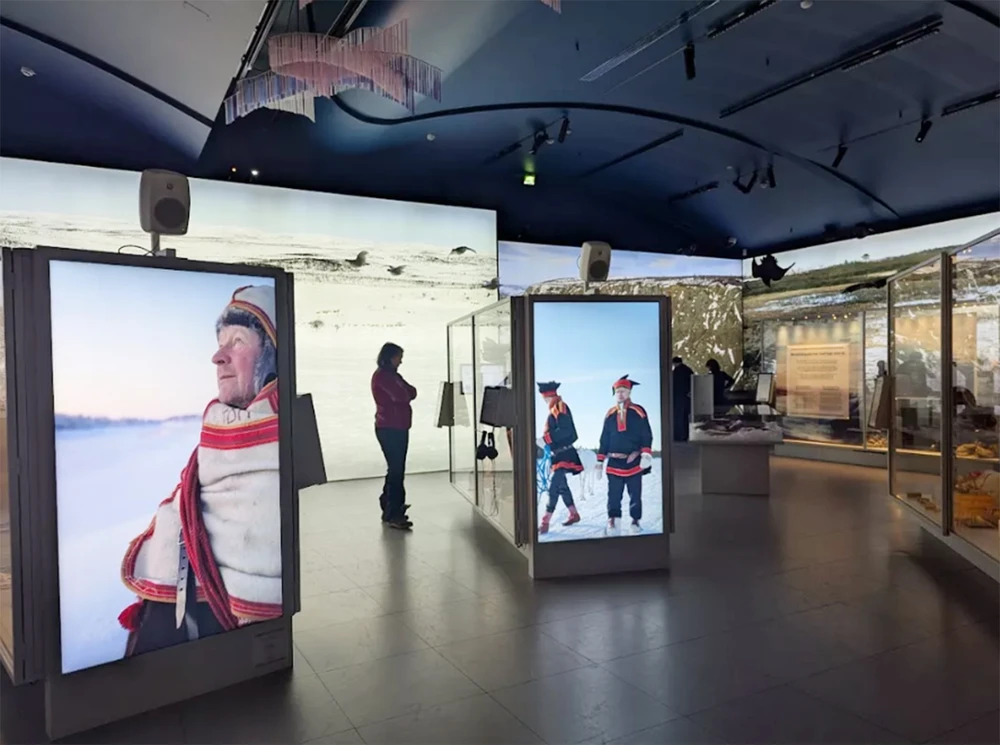
Family businesses like Reinina Reindeer Farm are part of a new wave of positive experiences in Finland. For decades, tour companies – staffed by non-Sámi people – have been “selling tours” that portray a distorted picture of local life.
Igloos and husky sleds dominate the brochures, but they are not traditional to Sámi culture, but were imported from North America. Not only does this tourism not benefit indigenous communities financially, it also harms them by encroaching on grazing areas and spreading misconceptions.
The Sámi have been fighting cultural exploitation for decades, says Kirsi Suomi, project coordinator at the Sámi Community, which plays a key role in several sustainable tourism initiatives. In 2008, activists protested against people dressing in faux Sámi costumes to entertain tourists.
In fact, out of hundreds of tourism businesses, fewer than half a dozen are run by Sámi people. Ms. Suomi undertook a project in 2018 to identify ethical principles for Sámi tourism. These rules help tourists understand how to interact with Sámi culture in a respectful way. She is also developing a certification program to help tourists identify ethical Sámi-led businesses.
The programme, funded by NextGenerationEU, will be launched at the European Indigenous Tourism Conference, hosted by the Inari Sámi Parliament , in May. The certification will help tourists make informed choices and help businesses like Reinina Reindeer Farm, which operate on a small, sustainable scale and share first-hand insights into Sámi life, gain wider visibility.
Source: https://www.sggp.org.vn/giu-gin-ban-sac-trong-du-lich-post789390.html













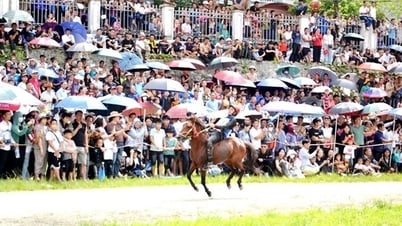

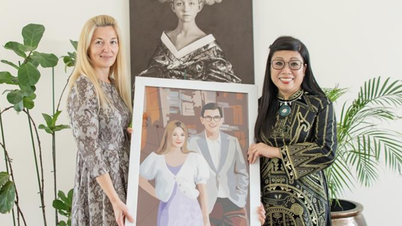
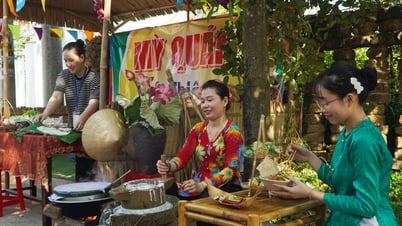




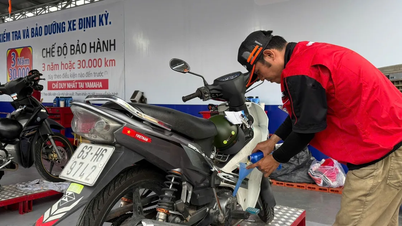
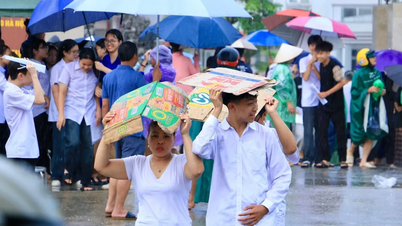



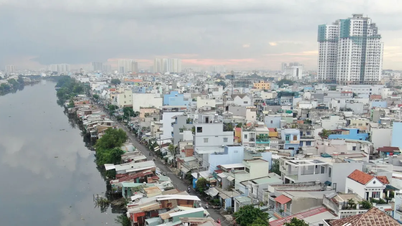
































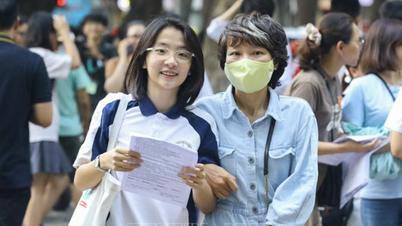













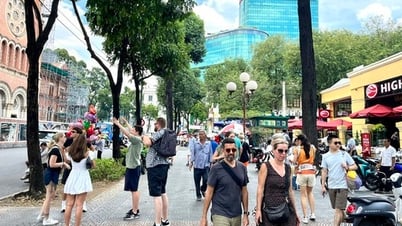





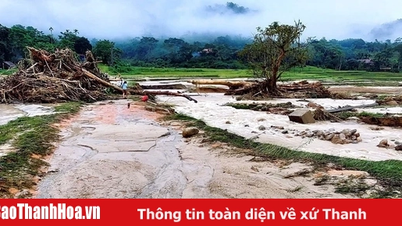

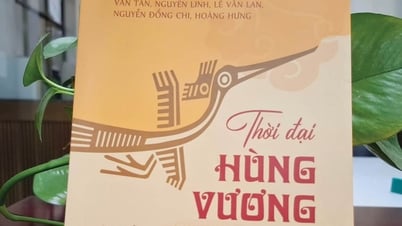











![[OCOP REVIEW] Tu Duyen Syrup - The essence of herbs from the mountains and forests of Nhu Thanh](https://vphoto.vietnam.vn/thumb/402x226/vietnam/resource/IMAGE/2025/6/5/58ca32fce4ec44039e444fbfae7e75ec)


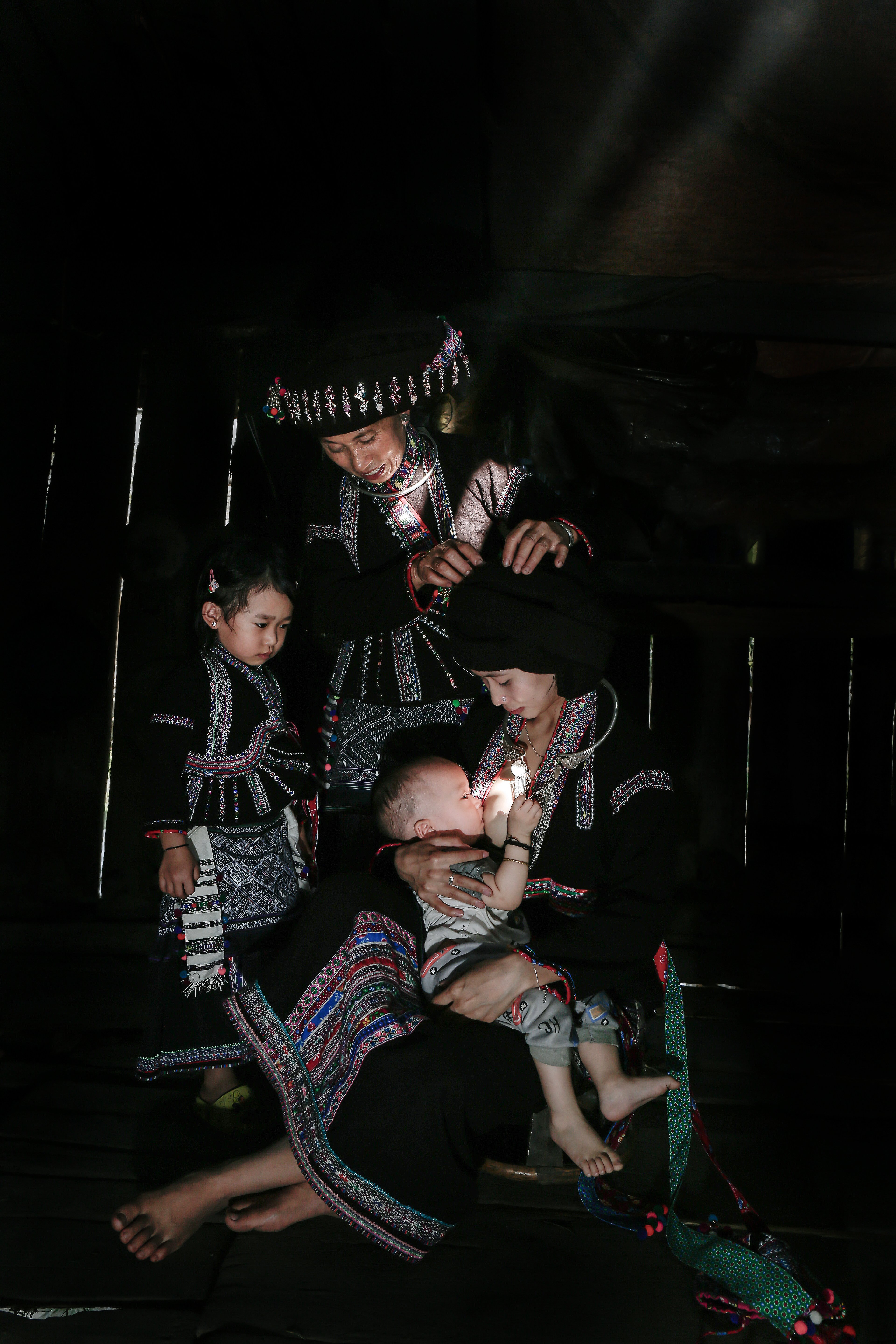
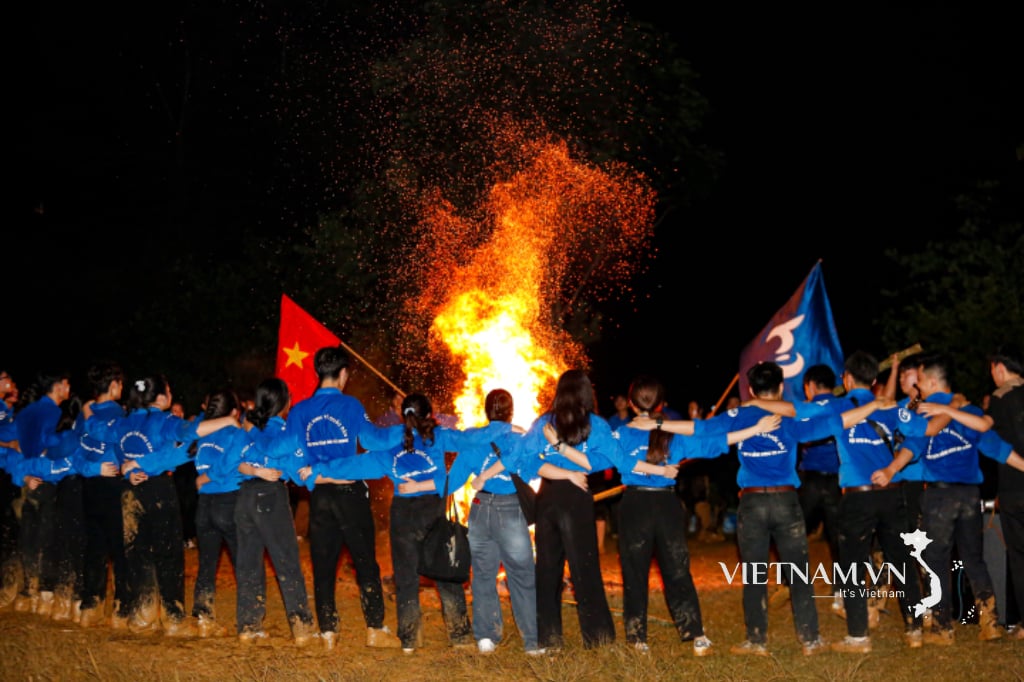
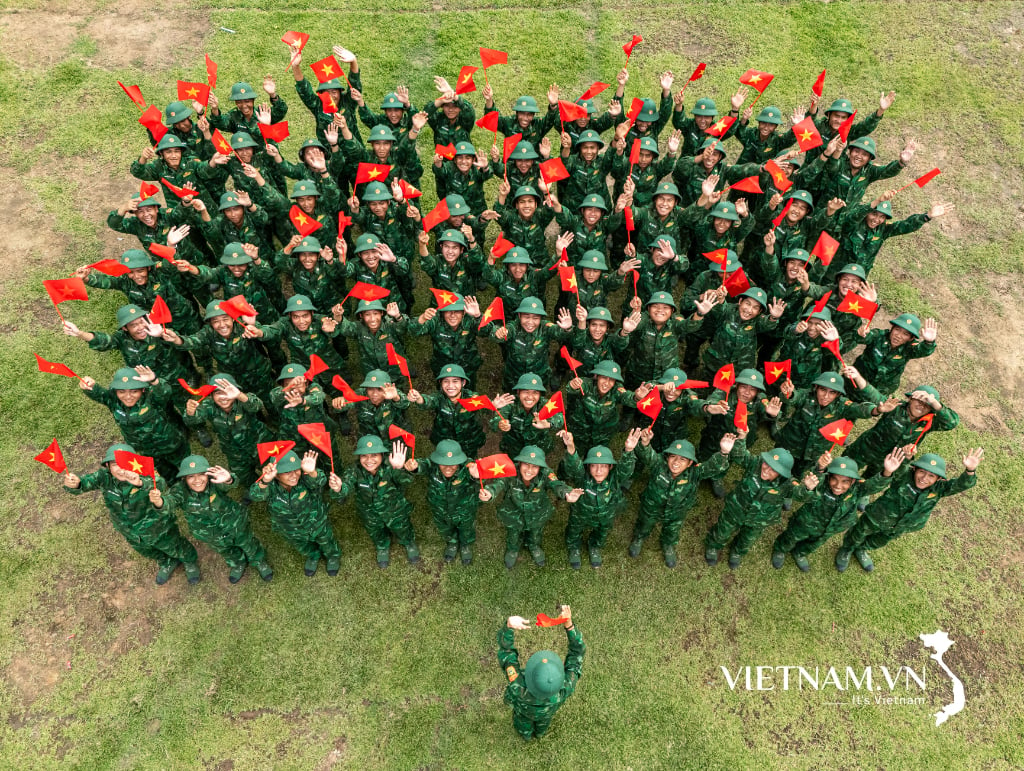
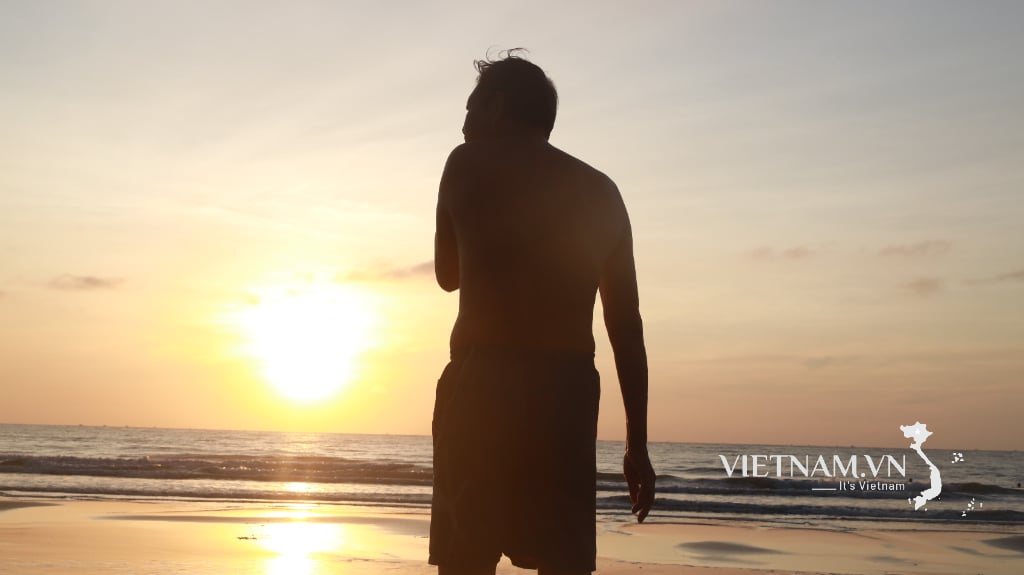
Comment (0)